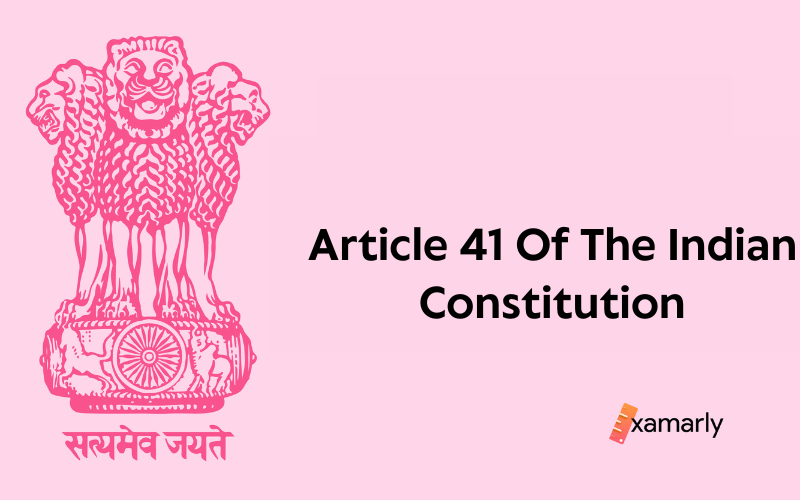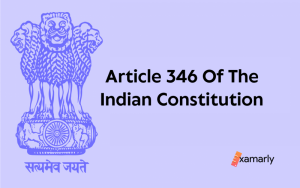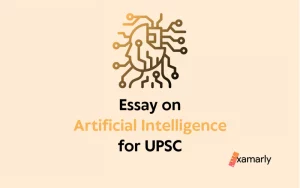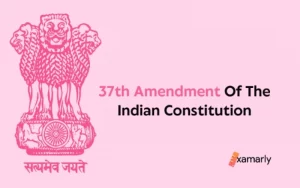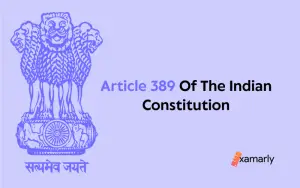Article 41 of the Indian constitution is one of the socialist-based Directive Principles of State Policy that attempts to protect people’s rights to employment, education, and public assistance in situations involving unemployment, old age, illness, disability.
Features Of Article 41 Of the Indian Constitution
This article serves as the foundation for many social welfare programs and basic rights of the citizens, including the right to food security, the old-age pension program, MGNREGA, etc.
- This act aims to increase the purchasing power of the rural population.
- This act aims to provide education for children
- This act aims to provide job security to the populace.
Provisions In Article 41 Of the Indian Constitution
As far as its economic capacity and development allow, the State shall make effective provisions protecting the right to work, education, and public assistance in unemployment, old age, sickness and disablement, and other cases of undeserved want.
Related – Right to work, to education and to public assistance in certain cases
Amendment related to Article 41
A change to the State Panchayati Raj Act, 1993, adopted by the Chhattisgarh Cabinet mandates the inclusion of a person with a disability in every panchayat throughout the state. According to this, the government would designate one member, male or female, if members with varied abilities were not elected through the election process.
A development program namely the Mahatma Gandhi National Rural Employment Act (MANREGA) scheme launched by the government of India the Scheme gave people the right to look for employment (as indicated in the Directive Principles -Article 41 of the Constitution of India). The strategy is to promote development by assisting the weak and underprivileged on the social and economic fronts. Along with ensuring gender equity through women’s reservations and equal pay for men and women, the program.
See Also – Article 44 Of The Indian Constitution
Summing Up
Article 41 is a Directive Principle of the State policy which demands the right to work, compulsory education, and development of poor people by raising the standard of living and benefits for unemployed and disabled people.


